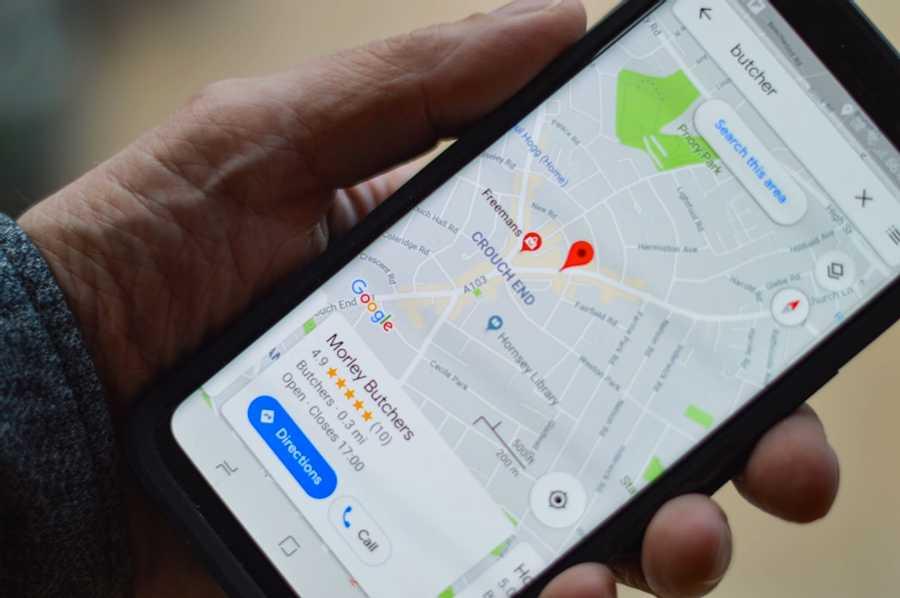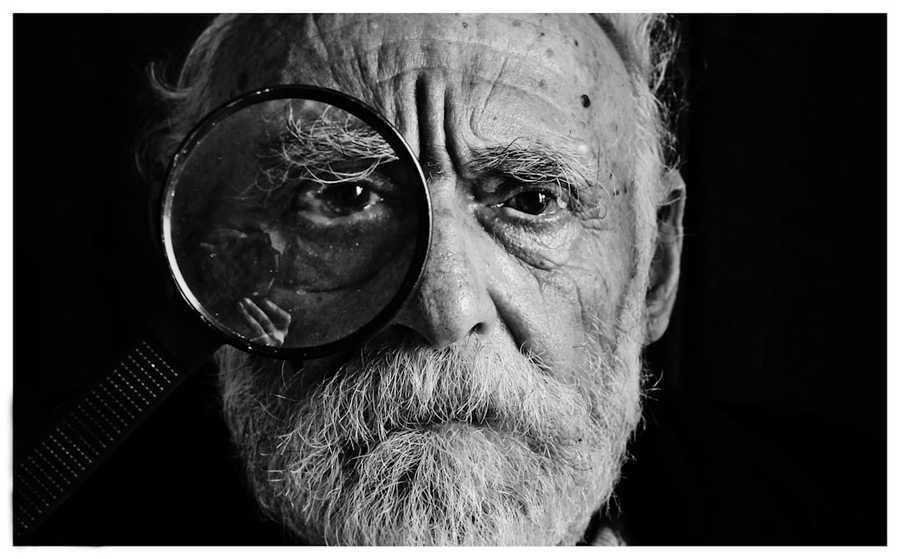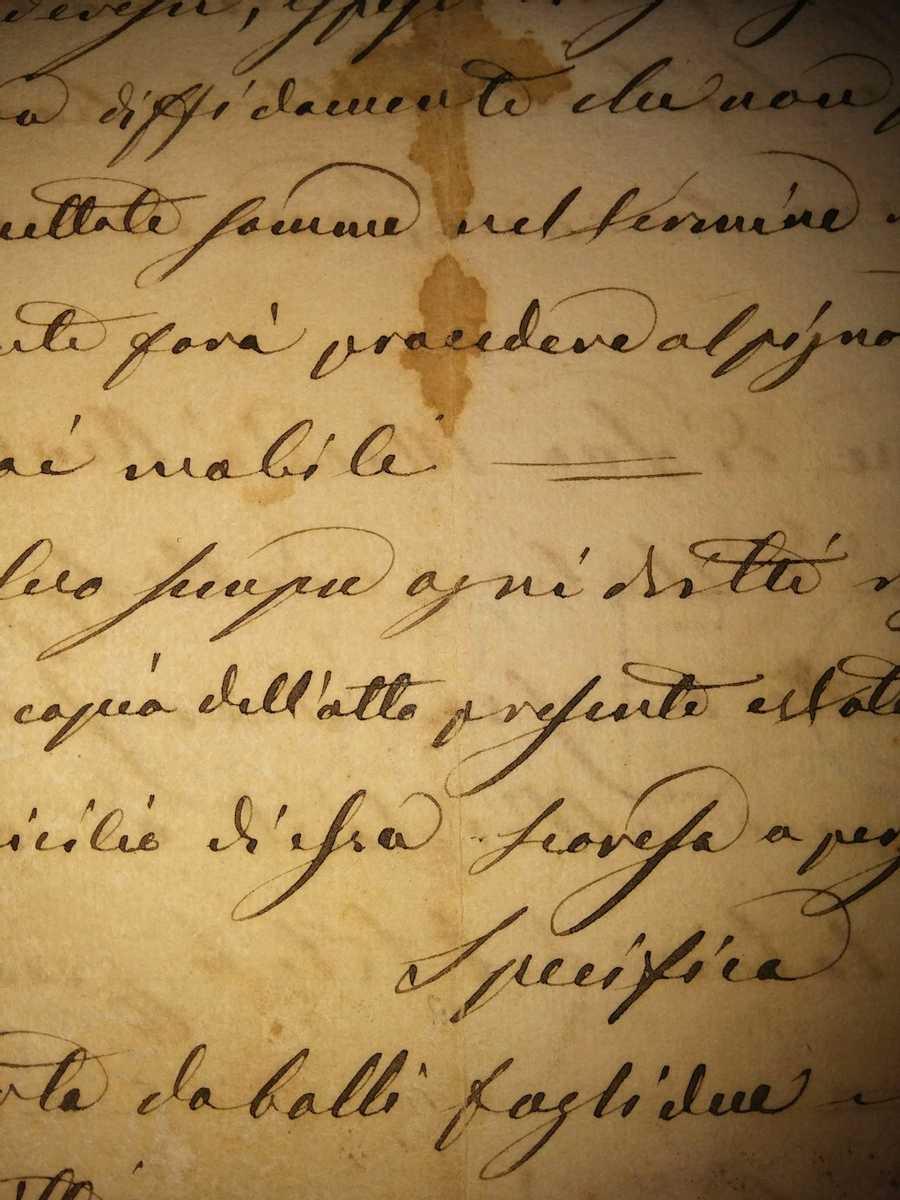READ TO LEAD. Classics for Life.
Ideas, facts & insights covering these topics:
11 ideas
·2.15K reads
16
1
Explore the World's Best Ideas
Join today and uncover 100+ curated journeys from 50+ topics. Unlock access to our mobile app with extensive features.
How To Digest Books. (CLASSIC'S)
IT’S NOT ENOUGH THAT YOU READ A LOT. TO DO GREAT THINGS, YOU HAVE TO READ TO LEAD.”
Reading to lead or learn requires that you treat your brain like the muscle that it is—lifting the subjects with the most tension and weight.
For me, that means pushing ahead into subjects you’re not familiar with and wrestling with them until you can—shying away from the “easy read.”
19
299 reads
Break out of the School Mindset
The way you learn to read in the classroom is corrupted by the necessity of testing. Tests often have very little to do with proving that you know or care about the material but more about proving that you spent the time reading it.
Forget everything but the message and how to apply it to your life.
19
254 reads
We haven’t time to spare to hear whether it was between Italy and Sicily that he ran into a storm or somewhere outside the world we know—when every day we’re running into our own storms, spiritual storms, and driven by vice into all the troubles that Ulysses ever knew.
SENECA.
18
262 reads
Ruin the Ending.
When I start a book, I almost always go straight to Wikipedia (or Amazon or a friend) and ruin the ending. Who cares? Your aim as a reader is to understand WHY something happened, the what is secondary.
You ought to ruin the ending—or find out the basic assertions of the book—because it frees you up to focus on your two most important tasks: What does it mean?, Do you agree with it?
Your energy needs to be spent on figuring out if he’s right and how you can benefit from it. Plus, if you already know what happens, you can identify all the foreshadowing and the clues the first read through.
20
230 reads
Read the Reviews
Find out what the people who have already read it felt was important. From Amazon to the New York Times, read the reviews so you can deduce the cultural significance of the work—and from what it meant to others. Also, by being warned of the major themes, you can anticipate them coming and then actually appreciate them as they unfold.
Tip if you agree with someone’s assessment of the work, go ahead and steal it once you’ve finished. You can’t copyright an opinion—this isn’t school, this is life.
17
178 reads
The book itself…
READ THE INTRO/PROLOGUE/NOTES/FORWARD.
I know, I know. It infuriates me too when what looks like a 200-page book turns out to have 80 pages of translator’s introduction, but that stuff is important.
Every time I’ve skipped through it, I’ve had to go back and start over. Read the intro, read all the stuff that comes before the book—even read the editors notes at the bottom of the pages. This sets the stage and helps boost your knowledge going into the book.
Remember: you need every advantage you can get to read a book above your level. Don’t skip stuff intended to add context and color.
19
170 reads
Look It Up
If you’re reading to lead, you’re going to come across concepts or words you’re not familiar with. Don’t pretend you understand. Look it up. I like to use Definr or I use my phone to look stuff up on Wikipedia. With Military History, for instance, a sense of the battlefield is often necessary. Wikipedia is a great place to grab maps and to help understand the terrain.
17
159 reads
Mark Passages
I love Post-It Flags. I mark every passage that interests me, that makes me think, or that is important to the book. When I don’t have them, I just fold the bottom corner of the page. If there is something I need to look up, I fold the top corner of the page and return to it later.
I carry a pen with me and write down whatever thoughts, feelings, or connections I may have with a passage.
It’s much better to do it in the moment than to risk losing the contemporaneous inspiration. Don’t be afraid to tear the book up with tags and notations—books are a cheap.
19
138 reads
After you finish…
Go Back Through
I have the same schedule with every book I read. After a mandatory 1–2 week waiting period after finishing, I go back through the book with a stack of 4×6 index cards. On these cards, I write out—by hand—all the passages I have noted as being important.
It might seem strange, but it’s an old tactic used by everyone from Tobias Wolff to Montaigne to Raymond Chandler, who once said, “When you have to use your energy to put those words down, you are more apt to make them count.”
20
153 reads
Apply and Use
You highlight the passages for a reason. Why type the quotes if you aren’t going to memorize and use them?
Drop them in conversation. Allude to them in papers, in emails, in letters, and in your daily life.
18
149 reads
My advice is really this: what we hear the philosophers saying and what we find in their writings should be applied in our pursuit of the happy life. We should hunt out the helpful pieces of teaching and the spirited and noble-minded sayings which are capable of immediate practical application—not far far-fetched or archaic expressions or extravagant metaphors and figures of speech—and learn them so well that words become works.
SENECA.
18
165 reads
IDEAS CURATED BY
CURATOR'S NOTE
Books give delight to the very marrow of one’s bones. They speak to us, consult with us and join with us in a living and intense intimacy.
“
Similar ideas
Read & Learn
20x Faster
without
deepstash
with
deepstash
with
deepstash
Personalized microlearning
—
100+ Learning Journeys
—
Access to 200,000+ ideas
—
Access to the mobile app
—
Unlimited idea saving
—
—
Unlimited history
—
—
Unlimited listening to ideas
—
—
Downloading & offline access
—
—
Supercharge your mind with one idea per day
Enter your email and spend 1 minute every day to learn something new.
I agree to receive email updates










